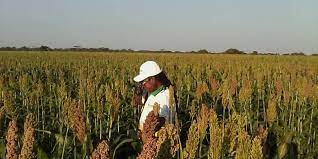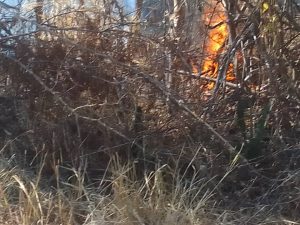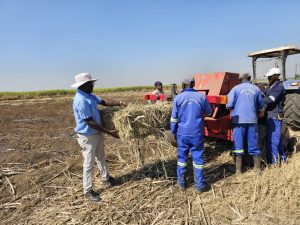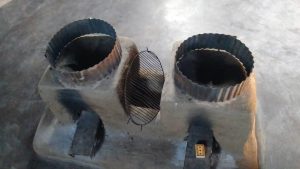EnviroPress Reporter
The 2022-2023 farming season will see the government distributing farming inputs that match each agro-ecological regions in the country.
This will see the drier parts of the country, like the southern parts of Masvingo province, which falls under Region 4, receiving small grains that are more adaptable to climate change.
The Meteorological Services Department (MSD) has forecasted that the country will receive normal to above normal rainfall.
Addressing a post-cabinet media briefing recently, acting minister of Information Dr Sekai Nzenza said the inputs distribution, registration, mobilisation and training of farmers were in progress.
“Government advises that inputs are being distributed to match agro-ecological zone’s requirements. Inputs distribution, registration, mobilisation and training of farmers are in progress.
“The objective of the 2022/2023 framing season remains to achieve food, stock feed and oil seed self-sufficiency from a total of 3 950 283 hectares output which are expected to yield a total of 4 928 260 metric tonnes for all crops,” said Dr Nzenza.
She said the Grain Marketing Board (GMB) is receiving and distributing the inputs to farmers and the process the process is expected to have been completed by November 30, 2022.
There has been reports of massive corruption and looting of the inputs and Dr Nzenza said the government was seized with matter carrying out investigations.
“Incidents of corruption and violence at distribution centres are under investigation. The composition of distribution committees has been expanded and security enhanced at the centres to curtail such practices and the public is urged to quickly report any incidents they may come across to authorities in their area,” said Dr Nzenza.
This season, the total area to be planted under cereals stands at 13 907 for maize, 270 hectares for sorghum and 147 hectares for pearl millet.
Zimbabwe has five agro-ecological regions which have become obsolete and need review based on the changes in climate.






